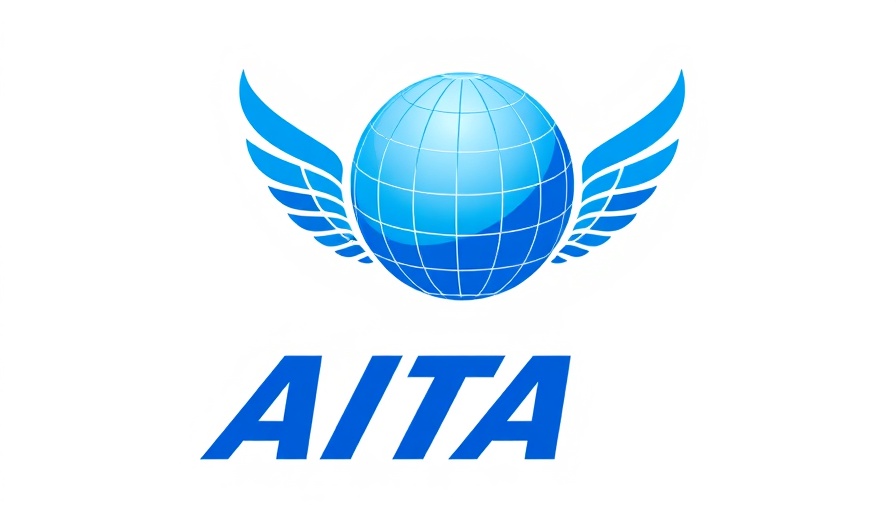
The Shift Towards Sustainable Aviation
The aviation industry is undergoing a crucial transformation as it embraces environmental sustainability. One of the most significant steps in this direction is the enhancement of the IATA CO2 Connect emissions calculator. This tool not only simplifies the way airlines measure their carbon footprints but now includes provisions for Sustainable Aviation Fuel (SAF). This inclusion marks a substantial advancement for airlines, logistics managers, and business travelers who are increasingly aware of their carbon impact.
Understanding SAF's Role in Emission Reduction
According to the International Air Transport Association (IATA), the enhanced CO2 Connect will provide airlines with the necessary tools to bring transparency in reporting emissions related to SAF. As sustainable options gain traction in the aviation fuel market, understanding how SAF contributes to reducing carbon emissions per passenger will be key for manufacturers and airlines alike. This marks a vital recognition of the innovation taking place within the industry and paves the way for more environmentally responsible travel practices.
The Importance for African Airports and Trade Routes
For African airports and trade routes, this advancement offers a double benefit. Firstly, it helps to comply with global environmental standards, which is increasingly demanded by international partners. Secondly, promoting the use of SAF can create new economic opportunities within local contexts, aiding in the development of sustainable trade routes and logistics strategies. This, in turn, fosters a more significant commitment to sustainable practices across the continent.
What This Means for Future Travel
The enhancements to the IATA CO2 Connect tool resonate well beyond the numbers. They signify a cultural shift within the aviation industry toward accountability and sustainability. As the focus on carbon emissions continues to rise, airlines that adopt better reporting practices stand to gain a competitive edge. Business travelers will feel increasingly empowered to make choices that contribute to environmental recovery, aligning their travel habits with their values.
Taking Action for a Sustainable Future
With the aviation industry's focus on transparency and sustainability taking center stage, it's imperative that stakeholders—including airlines, logistics managers, and aware travelers—stay informed and engaged in these developments. As the market evolves, being proactive and advocating for sustainability will not only help mitigate climate impacts but also lead toward a more resilient future for air travel.
 Add Row
Add Row  Add
Add 




Write A Comment